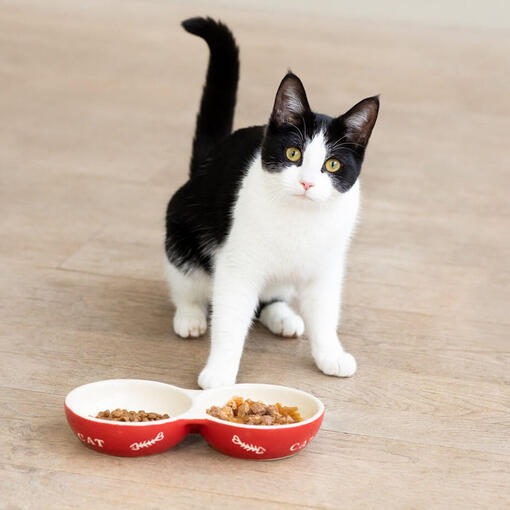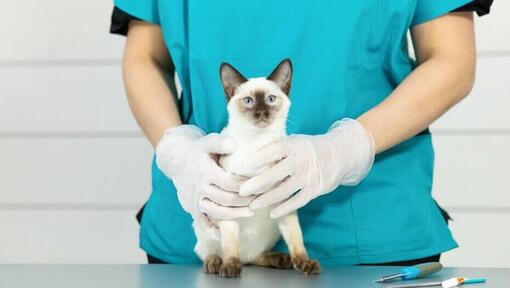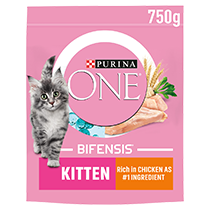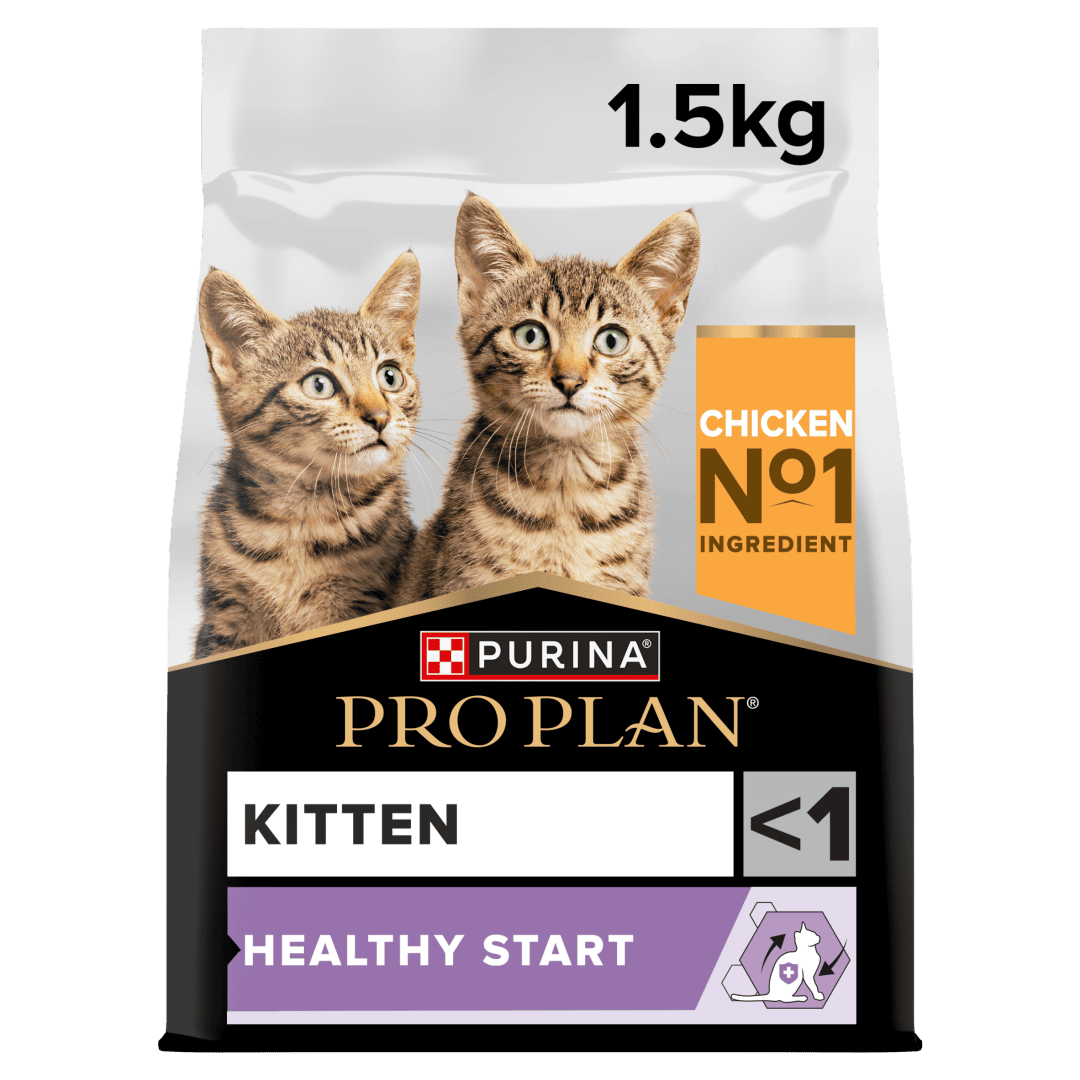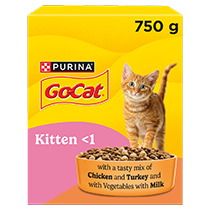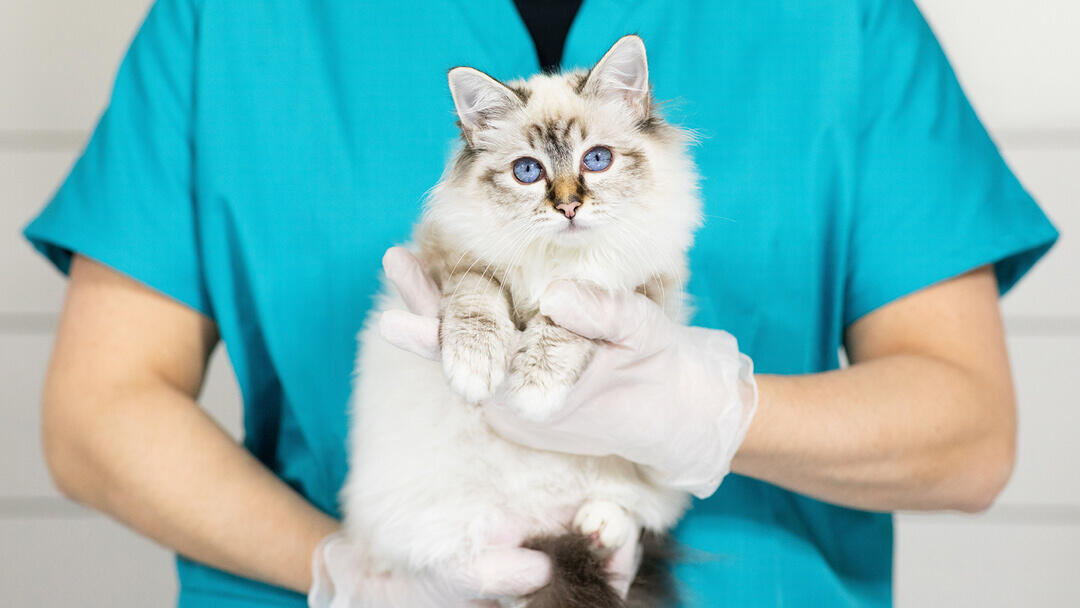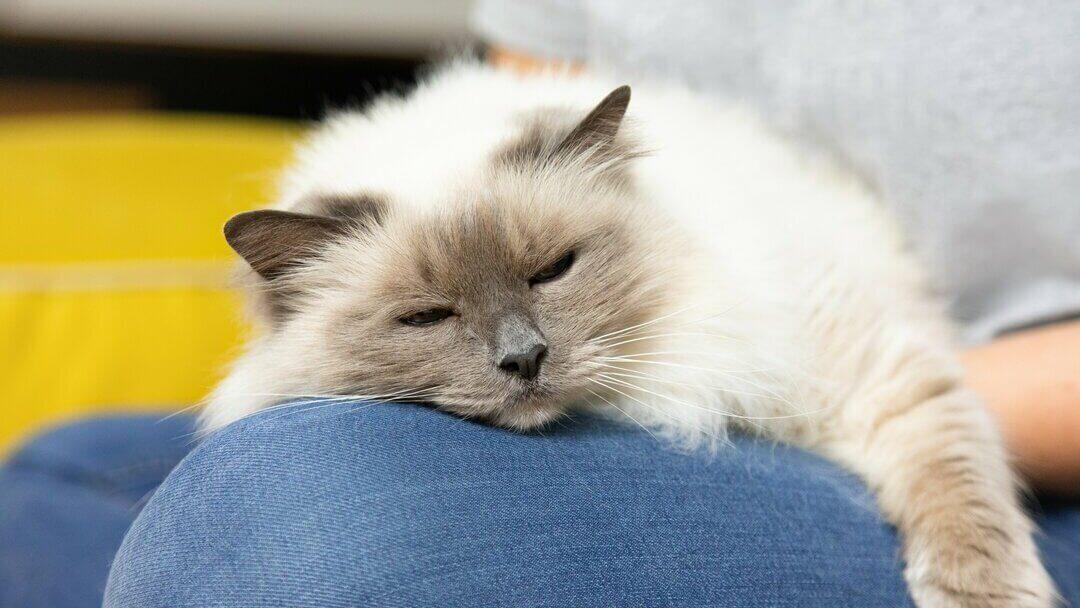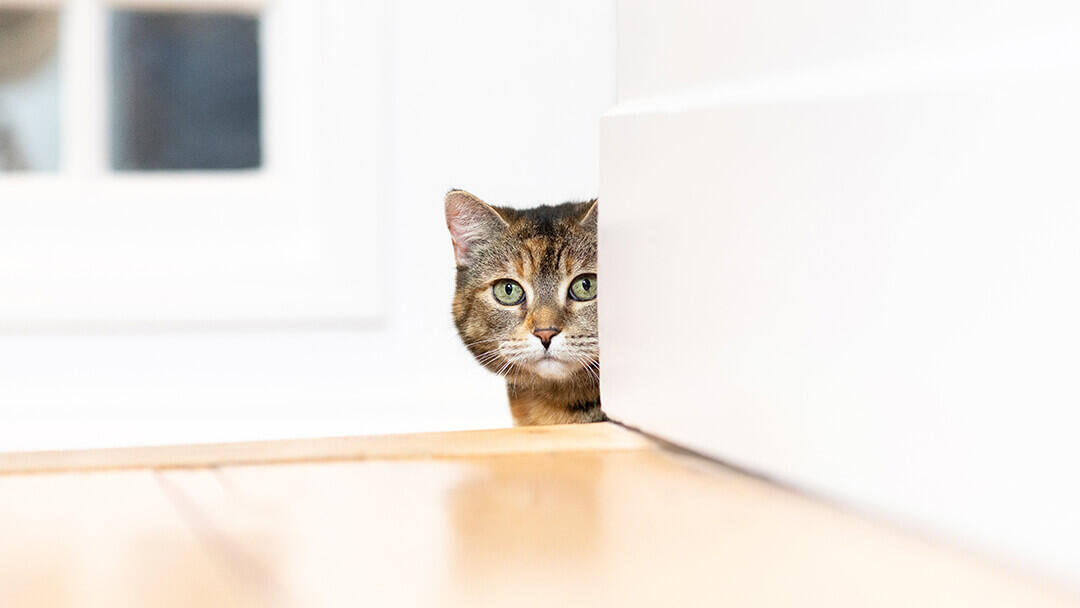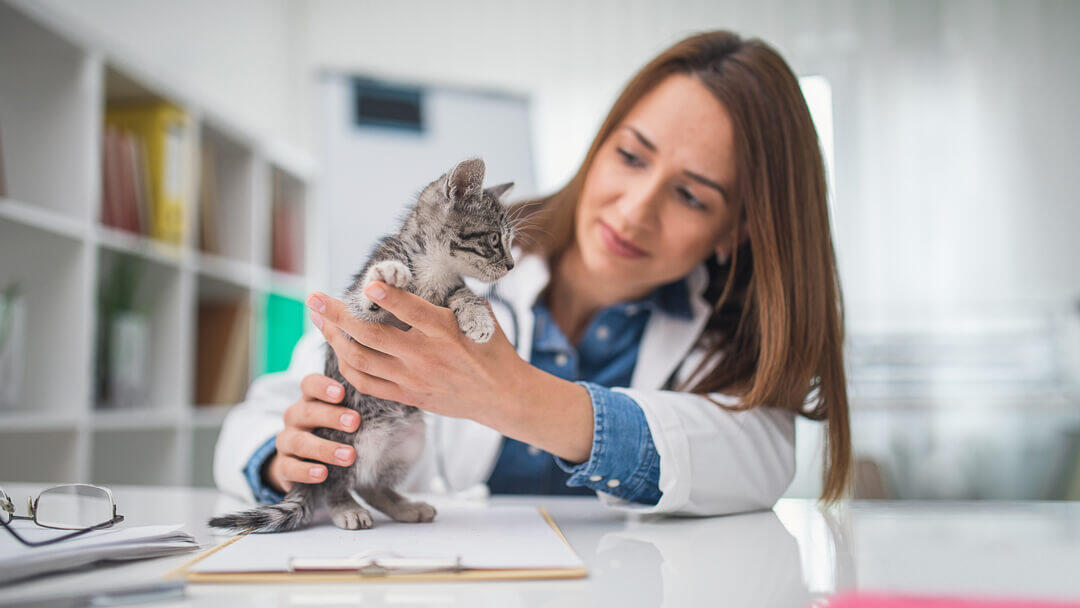

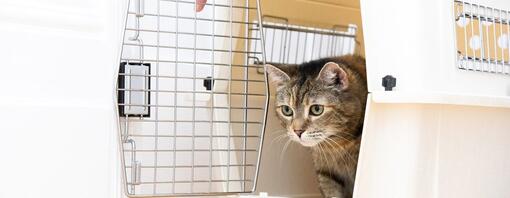
As a responsible cat owner, it’s important to keep up to date with your kitten’s vaccinations to protect them from a range of diseases. Read about when to vaccinate your cat or kitten and what to expect here.
Cat vaccinations are vital to help protect them from common illnesses and to help keep them healthy. Additionally, kitten vaccinations are a condition of boarding for most reputable catteries and they are completely necessary if you want to travel abroad with your cat or kitten.
Cat vaccines can be divided into two different types: core and non-core. Core vaccines are recommended for all kittens, and non-core vaccines are given depending on the risk to an individual cat. Discuss with your vet which vaccines are best suited to your cat.
How kitten vaccinations work?
The aim of the kitten vaccine is to immunise your cat against certain illnesses and diseases. The vaccines will help your cat’s immune system to recognise certain viruses and get to action quickly to fight the infection, before the disease can take hold.
What are the core vaccinations for cats?
Core vaccinations are those recommended for all cats. They’re designed to keep your pet safe and free from some very serious conditions, so it’s very important you get your cat vaccinated against these conditions as soon as possible.
By vaccinating against these core diseases, you can also help to protect other cats living in your environment by helping to establish ‘herd immunity’. The more cats that are vaccinated in any one place, the harder it is for viruses to become established in a population. If too many cats are not vaccinated then those viruses become more of a risk to all the cats living there.
Kitten vaccinations include:
Feline Panleukopenia Virus (Feline Infectious Enteritis or Feline Parvovirus)
This is a highly contagious virus and can often be fatal, particularly for young kittens. The most common symptoms are vomiting, diarrhoea, fever, dehydration (even if they keep drinking), loss of appetite and, less commonly, nervous signs associated with brain damage.
Feline Calicivirus
This virus causes cat flu (sneezing, nasal discharge, mouth ulcers and excess salivation/dribbling). Affected cats may be reluctant to eat and have a temperature.
Feline Herpesvirus
This also causes cat flu, fever, sneezing and nasal discharge as well as ulcers on the eye. Chronic infection can result in nasal diseases.
What are the non-core vaccinations for cats?
Your cat requires non-core cat vaccinations if, for some reason, they are particularly at risk of infection and need extra protection. In the UK, this can include cats who have access to outdoors or are in contact with cats who go outdoors.
Other reasons can include if you’re thinking of breeding from your cats, for example, or if you’re planning to travel overseas with your cat.
Non-core kitten vaccinations include:
Feline Leukaemia virus
FeLV is spread by close contact and can cause cancers, anaemia, vomiting and diarrhoea. In the UK, this vaccination is highly recommended to have alongside the core vaccines, with any cat that has access to outside or is in contact with cats that go outside.
Rabies
The rabies vaccination is required for pets travelling abroad under the Pet Travel Scheme.
When should I vaccinate my kitten?
Most vaccinations are best given to your kitten when they are young and your vet will help you put together a vaccination schedule. Your kitten should be vaccinated against the serious core diseases as soon as they are old enough; these kitten vaccinations will protect them as they’re growing and, with boosters, throughout their adulthood.
They’ll need two injections, 3-4 weeks apart, from around eight weeks of age. Double check the exact details with your vet, as timing can vary depending on the vaccine used, and your pet’s own risk profile. After your kitten has had their complete course of vaccinations it’s highly recommended that you arrange booster injections at regular intervals to ensure sustained immunity.
What happens at my cat’s vaccination appointment?
Your vet will examine your cat to check they are not already fighting an infection. Once the vet is happy your cat is fit enough for the vaccine, the procedure can begin. Some vaccines are combined into one injection while others require extra injections. The location chosen for the vaccine is usually the scruff of the neck but other sites can be used.
Do cat vaccinations guarantee protection?
Although vaccinations can’t completely prevent infection if your cat has had overwhelming exposure to a particular virus or disease, any infection they do catch will likely be milder, and your cat will be less likely to spread infection to other cats.
Do cat vaccinations offer immediate protection?
Depending on the vaccine, there may be some delay in effectiveness. So if your cat needs to stay in a cattery, or you’re considering taking your cat abroad, make sure you do your homework and find out which vaccinations are needed well in advance.
Do indoor cats need vaccinations?
Although indoor cats may not spend their days exploring the great outdoors, contact with the outside world is still likely to happen. All the cat needs is a door left open a bit too long for them to squeeze out into the wide world. Plus, other cats or pets that visit can easily bring illnesses with them. This is why kitten vaccinations are necessary for indoor cats as well.
Cat vaccination side effects
Cat vaccinations are safe for most cats. Although it is possible for side effects to occur, they are very rare. Vaccines are increasingly reliable and safe, but it’s always best to keep an eye on your cat after the visit to the vet.
Some of the cat vaccination side effects that have been reported are:
- Localised swelling
- Lethargy
- Slight fever
- Low appetite
- Sneezing or coughing
When they appear, these symptoms should last only for a few days. If you notice your cat is feeling poorly after their vaccination, contact your vet for advice.
Vaccines are designed to help your cat stay happy and healthy – so it’s best to get them carried out as soon as possible. As always, if you have any concerns about your cat’s health, including what vaccinations they may need, make an appointment to chat things over with your vet.
You can find more in-depth information about cat diseases and how they affect cats here.



